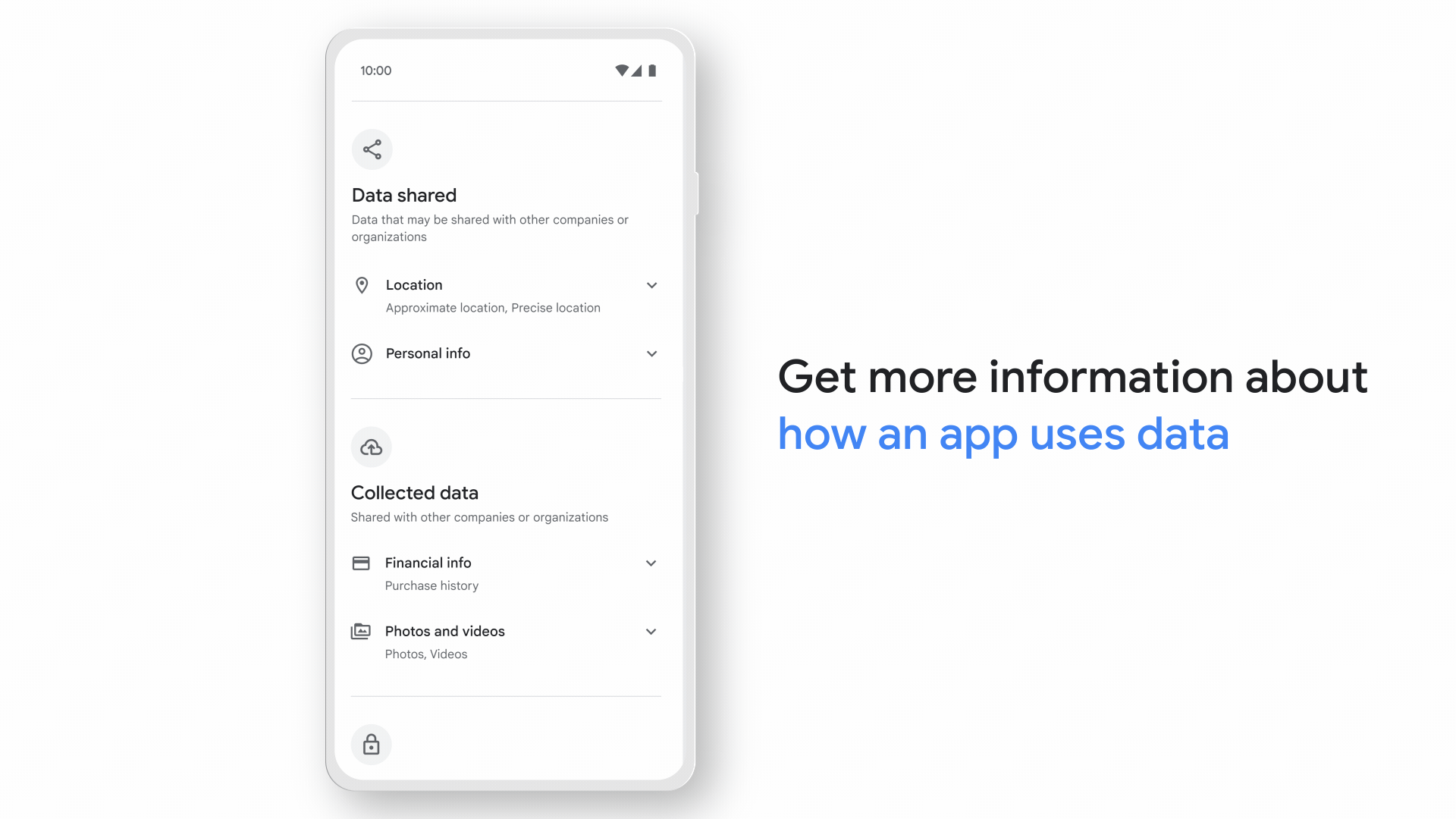On average we spend 4.1 hours on our phones, in America numbers as high as 5 to 6 hours per day. Most of this time is spent on applications we know and trust. What about the ones you've downloaded a long time ago and have forgotten about?
Did you ever wonder why an app about wallpapers, for example, would need access to your call history or your contacts?
Google Play's new "Data Safety" tab aims to expose and shed a light on those mysterious applications that want more than they need.
Launched this Thursday, Google Play's Data Safety feature is basically an extra warning before you download an app, warning you about the application's privacy standards, how it collects your data, and how it utilizes and protects it.
"We've heard from users and app developers that just presenting the data collected by an app without providing more context is not sufficient," Google said in a blog post. It is for this reason that we created the Data security section, which enables developers to explicitly specify what data is being gathered and for what purpose it is being utilized."

Here are some of the terms app makers would have to disclose from now on:
- Are they collecting any data from your phone? If so, how are they using it?
- Are they sharing your data with 3rd party sources without your explicit knowledge permission?
- What are the app's security practices? Do you have the option to have all your data deleted from their service if you request so?
- Is the application child friendly? Have they committed to Google Play’s Families Policy?
If you're using Chrome as your browser and have ever installed and played around with Chrome Web Store Extensions, you'd know that you have great control over when and what pages those extensions can run on. The same is being introduced to Play Store as well. Now you have the option to let an app have one-time access to whatever data they might want to access, when it wants to have the same data, it would require your permission again.
Contrary to popular belief, Google spent an inordinate amount of time updating its catalog of applications when Apple introduced similar data protection rules to the App Store. Better late than ever, I guess.

